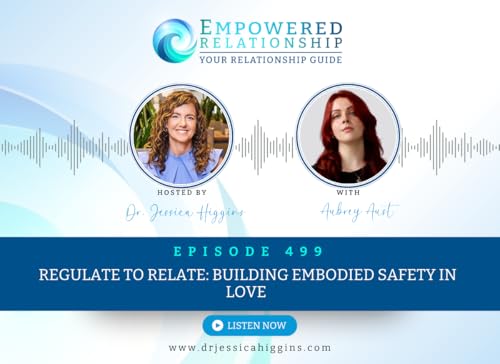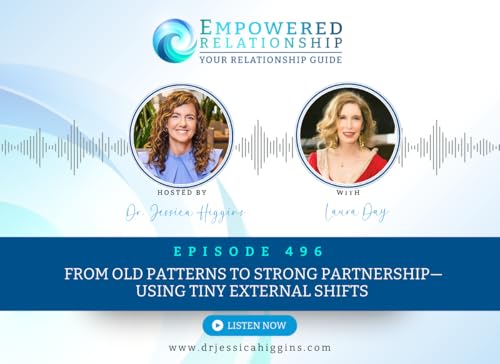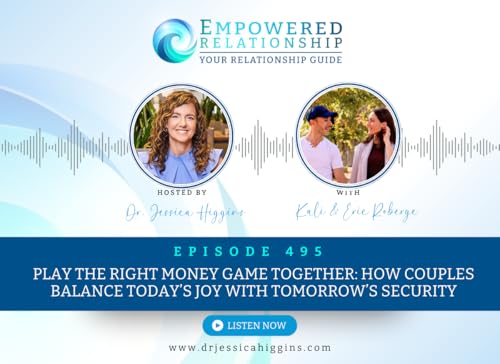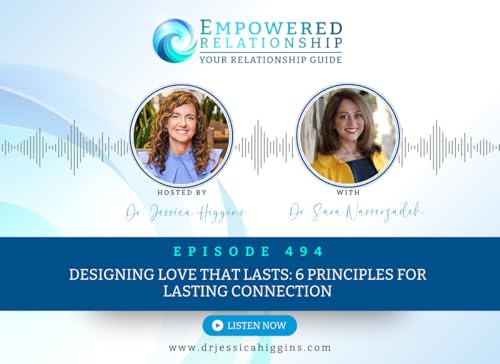Have you ever faced a family crisis only to realize that financial instability adds an overwhelming weight to an already heavy moment? Or maybe you've felt isolated as the "first" in your family to reach new professional heights, only to discover no one handed you a playbook for building true generational wealth. Financial challenges don't just shake our wallets—they can ripple through our relationships, legacies, and even our sense of security and belonging.
In this episode, listeners are invited to think beyond individual wealth and step into a bold new perspective: managing your family like a thriving enterprise. You'll discover why taking the role of "Family CEO" is not only possible but essential if you want to break cycles of financial insecurity and create a blueprint for lasting abundance. Through candid conversation and practical examples, this episode explores how intentional leadership, open communication, and collaborative vision-setting can empower you and those you love to build a family legacy that lasts.
LaVaisha Davis is a wealth manager and advisor at Ell Wess Advisors, a firm offering family office solutions to founders, executives, and investors. She specializes in wealth-building, legacy planning, and asset protection—empowering clients to build financial independence and generational wealth. With a no-nonsense yet engaging style, she breaks down complex strategies like becoming your own bank. Her mission: to show people their family is their first enterprise—and should be managed like a business to build lasting wealth.
Episode Highlights 05:42 Lavisha Davis recalls how family tragedy became a turning point for financial awareness.
08:53 How pain and loss inspired leadership and deeper financial responsibility.
12:03 What it means to be the family CEO: Mindset and misconceptions.
14:49 The challenges and opportunities of being the first financial trailblazer.
17:24 Crafting a shared family vision and values around wealth.
20:57 Running the family like a corporation: Structure, roles, and the family bank.
29:42 Understanding the risks and the need for transparency.
31:33 The cost of poor planning including inheritance, probate, and lost wealth.
37:13 Turning family strengths and structure into lasting wealth.
42:30 How to get started: Practical support and CEO training resources.
Your Check List of Actions to Take -
Clarify your wealth vision by choosing whether to focus on personal financial security or building generational wealth.
-
Adopt the Family CEO mindset and lead your household with intentional financial goals and strategies.
-
Establish a family bank to manage shared resources as if you were running a business account.
-
Have open money conversations to build trust, clarify roles, and reinforce shared commitments.
-
Identify and leverage family strengths by assigning financial roles that align with each person's skills.
-
Provide financial education for yourself and your family to make informed decisions and prepare future generations.
-
Create a governance system with clear values, rules, and processes for collective decision-making.
-
Take consistent action by turning plans into progress through small but steady financial steps.
Mentioned Income to Wealth Masterclass (webinar registration link)
Connect with Lavaisha Davis Websites: lavaishadavis.com
Facebook: facebook.com/lavaisha.davis
Instagram: instagram.com/lavaishadavis
LinkedIn: linkedin.com/in/lavaisha-davis-27094b208
 45 mins
45 mins 47 mins
47 mins Oct 21 202547 mins
Oct 21 202547 mins 47 mins
47 mins 46 mins
46 mins Sep 30 202540 mins
Sep 30 202540 mins 47 mins
47 mins 52 mins
52 mins

